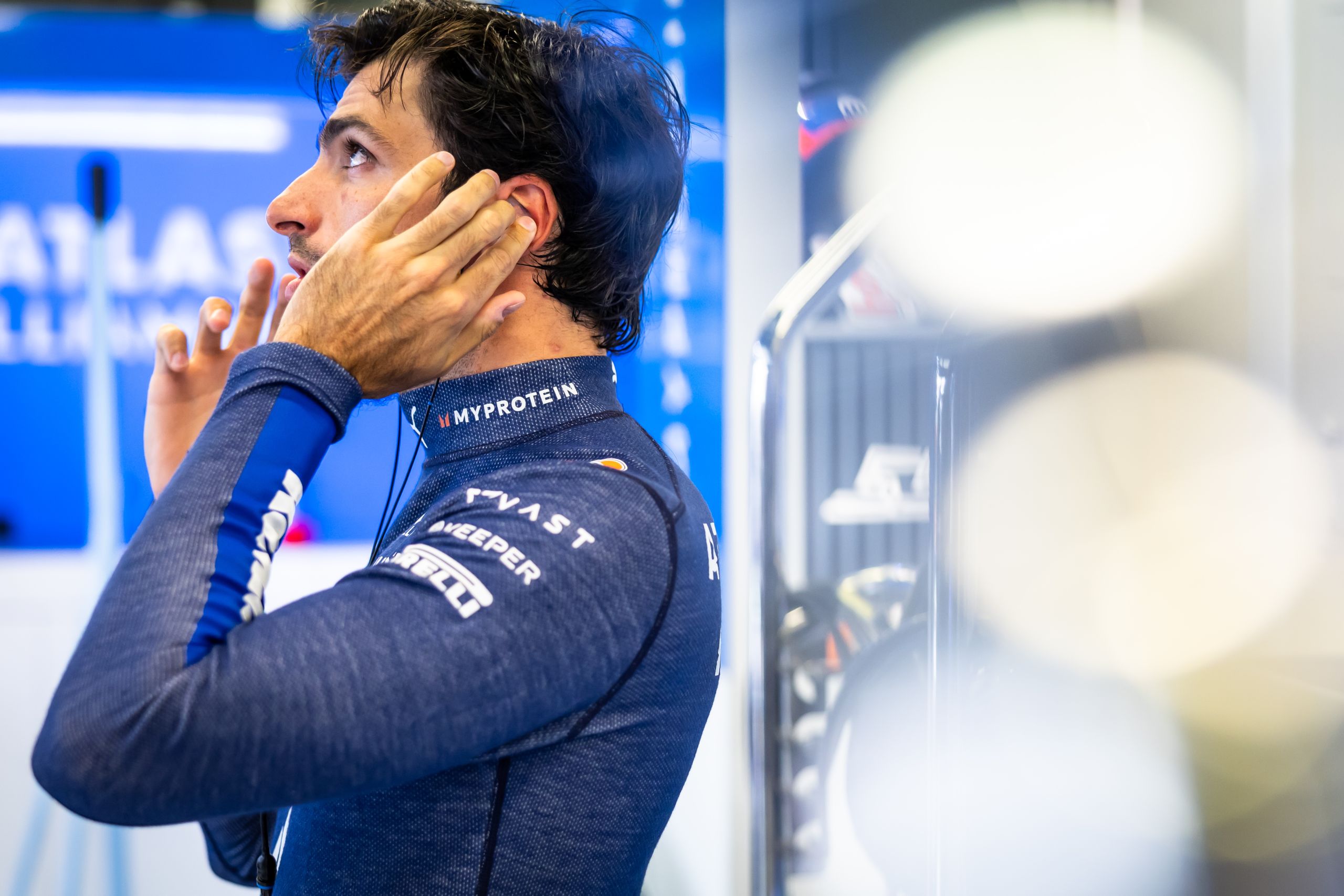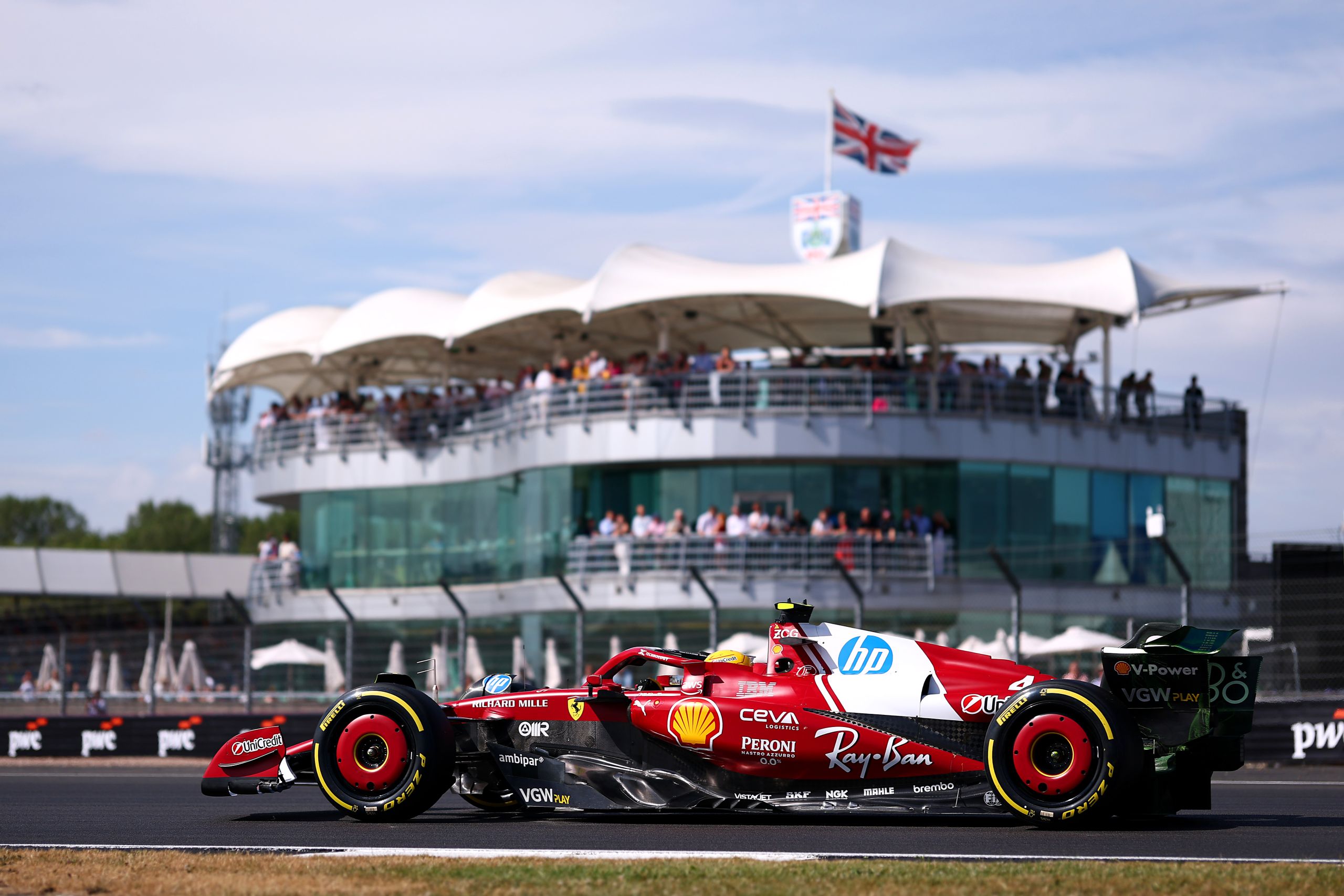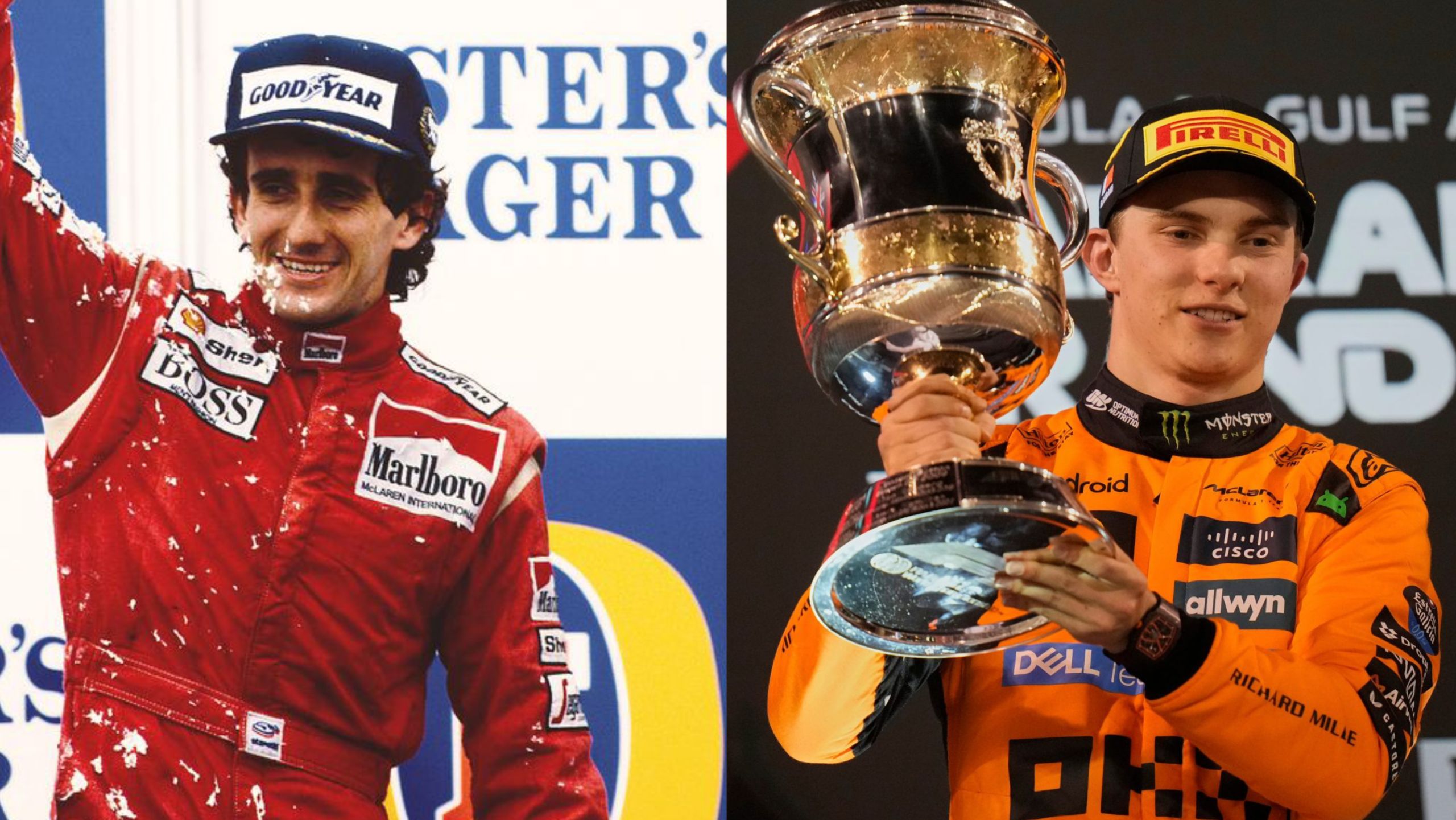Why Can’t F1 Teams Use Old Cars?
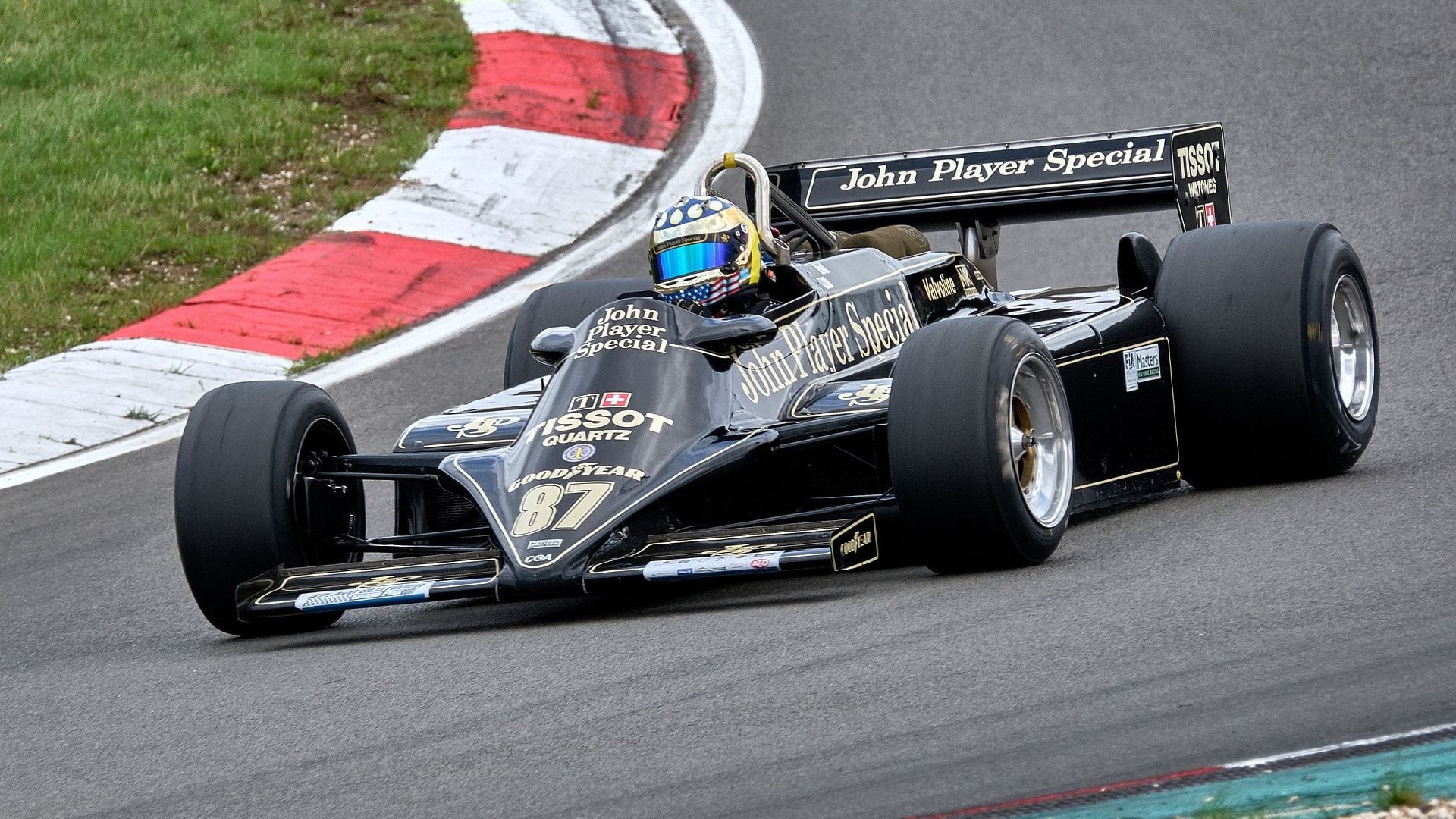
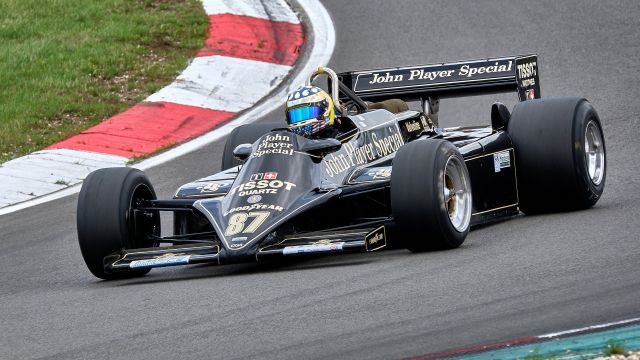
Formula 1, the pinnacle of motorsport, showcases an ongoing evolution in technology and design. Teams continually strive to develop cutting-edge cars that provide superior performance and adhere to strict regulations. The use of older F1 cars in current championship competitions is not allowed, primarily due to changes in technical regulations and the quest for ongoing improvement, which renders older models obsolete for competition purposes.
Regulations are established and updated by the Fédération Internationale de l’Automobile (FIA) to maintain safety standards and competitive balance among teams. The constant advancement in technology and aerodynamics leads to newer generations of cars outperforming their predecessors in terms of speed, handling, and fuel efficiency. As a result, the use of older cars is restricted, ensuring a level playing field for all teams and allowing for progress in the development of F1 machinery.
Despite their ineligibility for official races, many old F1 cars find a second life beyond the racetrack. Some teams utilize them for private testing and exhibition events, while others are sold to collectors and enthusiasts via classic car sale companies such as Dyler, preserving the rich history of Formula 1 racing.
Key Takeaways
- Older F1 cars are not used in current competitions due to regulatory and technological advancements.
- Rules set by the FIA ensure a level playing field and promote continuous improvement in car performance.
- Many older F1 cars find a second life with collectors and enthusiasts, or in private tests and exhibitions.
F1 Regulatory Restrictions
Technical Regulations
Formula 1 is governed by a strict set of technical regulations set by the Fédération Internationale de l’Automobile (FIA). These regulations outline the requirements for various car components, including the chassis, engine, rear wing, front wing, and wheels. They are updated periodically to improve safety, reduce costs, and increase competition.
When new regulations are introduced, teams must redesign their cars to comply with these rules. For example, the 2022 season brought significant changes to the aerodynamics and chassis design. These updates prevent teams from using older cars that do not meet the current specifications.
Budgetary Constraints
In an effort to create a more level playing field, the FIA has implemented a budget cap that limits teams’ spending on car development. This cost cap restricts the resources teams can allocate to researching and developing older cars while simultaneously meeting the requirements of the latest regulations.
The budget cap covers various aspects of a team’s expenses, such as:
- Research and development
- Production and manufacturing
- Salaries for technical personnel
- Testing and on-track activities
Under these budget constraints, focusing on older cars could jeopardize a team’s ability to compete in the current season, as resources would be diverted from meeting new regulatory demands.
In summary, the continuous evolution of Formula 1 technical regulations and the introduction of budget caps make it impractical and non-compliant for teams to use older cars. These restrictions ensure that teams prioritize safety, cost control, and competitive balance, driving innovation and adaptability within the sport.
F1 Evolution and Modern Age Needs
Technology Advancements
In the past seven decades, Formula 1 has evolved into a highly advanced technological spectacle. From the early years of cloth-helmeted drivers racing around disused airbases to the cutting-edge technology of the modern era, F1 has come a long way. For instance, 2020 Formula 1 cars showcased numerous advancements in aerodynamics, engine performance, and on-board electronics.
F1 teams are constantly pushing the boundaries to achieve better performance and faster lap times. As a result, older cars cannot compete with their modern counterparts in terms of speed, efficiency, and adaptability. Some key developments include:
- Aerodynamics: Evolution of wings, diffusers, and body shapes has significantly improved downforce generation, enhancing cornering speeds and overall performance.
- Engine and power unit technology: Introduction of hybrid power units, integrating internal combustion engines with electric motors, improving engine efficiency, and reducing fuel consumption.
- Safety enhancements: Adoption of advanced materials and features, such as the halo cockpit protection and more robust monocoque structures, have resulted in improved driver safety.
Climate Concerns
Another critical factor that makes it impractical for F1 teams to use older cars is the increasing emphasis on reducing the sport’s carbon footprint. The F1 community is striving to become more sustainable and eco-friendly, with goals like reaching net-zero carbon emissions by 2030.
Modern and more environment-friendly technologies, such as hybrid power units and energy recovery systems, contribute significantly to minimizing Formula 1’s overall carbon footprint. These innovations not only enhance performance but also reduce fuel consumption.
In conclusion, the evolution of technology and the growing need to address climate concerns have rendered older Formula 1 cars obsolete. The modern F1 car represents the pinnacle of automotive engineering that continuously adapts to changing regulations and ever-evolving performance demands.
Impact on the Competition
Competitive Balance
Using old F1 cars in competition would directly impact the competitive balance among teams. As technology advances, newer cars integrate cutting-edge innovations, making them faster and more efficient in terms of aerodynamics, engine performance, and electronics. In contrast, older cars are not optimized to compete with their modern counterparts, which would result in an uneven playing field.
Moreover, the F1 championship awards points based on race finishing position; allowing old cars would disrupt this system, potentially leading to fewer overtaking opportunities and less exciting races.
Driving Skills
Introducing old cars into the F1 competition would also affect the drivers’ ability to showcase their skills. Modern F1 cars demand more precision and finesse from drivers, offering an accurate reflection of their abilities. On the other hand, older cars might limit the scope for drivers to exhibit their full range of driving techniques, from overtaking maneuvers to tire management.
The disparity in car performance could lead to situations where an exceptional driver in an old car fails to secure points, while a mediocre driver in a newer car outperforms them. This imbalance could create confusion over the true skill levels of drivers and undermine the credibility of the championship standings.
Operational Challenges
Logistics
F1 teams face several logistical challenges when considering the use of old cars. The schedule of the racing season is tight, with races happening almost every other weekend during the season. This leaves little room for error or delays in transport of the cars and equipment. Because older cars may not adhere to updated rules and regulations, teams could face problems ensuring their compliance with safety and technical standards. Additionally, maintenance and sourcing of spare parts for older cars could lead to delays and added logistical challenges, as suppliers may no longer produce or support older components.
Infrastructure and Resources
Another operational challenge F1 teams may encounter when using older cars is the infrastructure and resources required for their management. F1 teams have limited space in their garages and must prioritize cars that meet current regulations. Allocating scarce space and resources to maintain older cars and support their performance on the tracks adds a burden to the team.
Managing older cars also necessitates additional staff roles, from engineers to technicians, responsible for repairs, maintenance, and adaptation to current regulations. Staff resources are already spread thin due to the need to develop competitive new cars and manage an extensive racing schedule.
Some challenges relating to the topic entities are as follows:
| Entity | Challenge |
|---|---|
| Schedule | Tight racing schedule allowing little time for older car upkeep |
| Transport | Difficulty in transporting older cars and sourcing spare parts |
| Staff | Limited staff resources for additional roles required |
| Equipment | Access to specialized tools for older car maintenance |
| Garages | Limited space to store and work on older cars |
| Engineers | Extra workload in adapting old cars to current regulations |
| Marketing | Promoting older cars may be less appealing to sponsors |
In conclusion, while using old cars in F1 could offer some potential benefits, such as cost savings, the operational challenges are significant. Teams must carefully consider these factors, including logistics, infrastructure, and resources, when deciding whether to use older cars in their racing strategies.
Why Can’t F1 Teams Use Old Cars? – Frequently Asked Questions
Why are F1 teams required to update their cars each season?
F1 teams are not explicitly required to update their cars each season, but they often choose to do so to improve performance. Each year, technical and aerodynamic advancements contribute to more efficient and faster racing vehicles. Additionally, changes in FIA regulations can necessitate modifications to the cars to ensure they comply with the current standards.
What are the regulations preventing the use of older F1 cars?
The FIA implements specific technical and safety regulations that all F1 cars must adhere to. These regulations are updated regularly, and older cars might not meet the latest requirements. Therefore, teams must modify previous car designs or create new ones to comply with the current rules, preventing them from using outdated vehicles in official races.
How does F1 enforce the prohibition of old cars in races?
F1 enforces the prohibition of old cars in races through technical and safety inspections. Before each race weekend, each car must undergo scrutineering to ensure it adheres to the latest regulations. If a car fails to pass this inspection, the team is required to rectify the issue before the car can be deemed eligible to participate in the race.
What advantages do new F1 cars have over older models?
New F1 cars have various advantages over older models, such as improved aerodynamics, increased fuel efficiency, and enhanced safety features. The continuous evolution of technology and engineering in the sport results in faster and more competitive racing vehicles. Additionally, teams can learn from experience and analyze past performances to develop new cars with superior on-track performance.
Why did F1 teams stop using spare cars?
F1 teams stopped using spare cars primarily due to cost reduction and sustainability efforts. Maintaining a spare car for each driver increased costs and resources for teams, which became a concern in a sport already known for its high expenses. By limiting each team to two race cars, the FIA sought to encourage more efficient use of resources and promote a more level playing field among teams.
How are retired F1 cars repurposed or disposed of?
Retired F1 cars can be repurposed or disposed of in various ways, depending on the team and the car’s condition. Some cars are displayed in museums, while others may be sold to private collectors or used for promotional events. Parts of older cars can be recycled or reused in the manufacturing of new cars. Occasionally, a team may choose to dismantle and recycle components of a retired car if it is no longer deemed usable or valuable.


